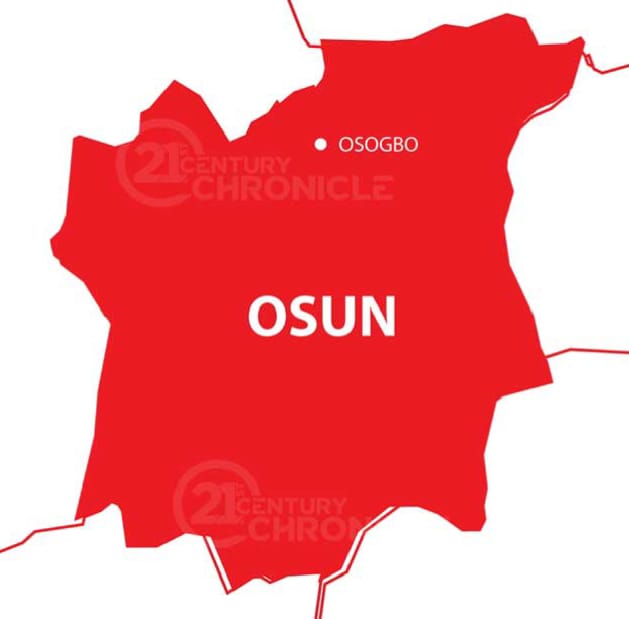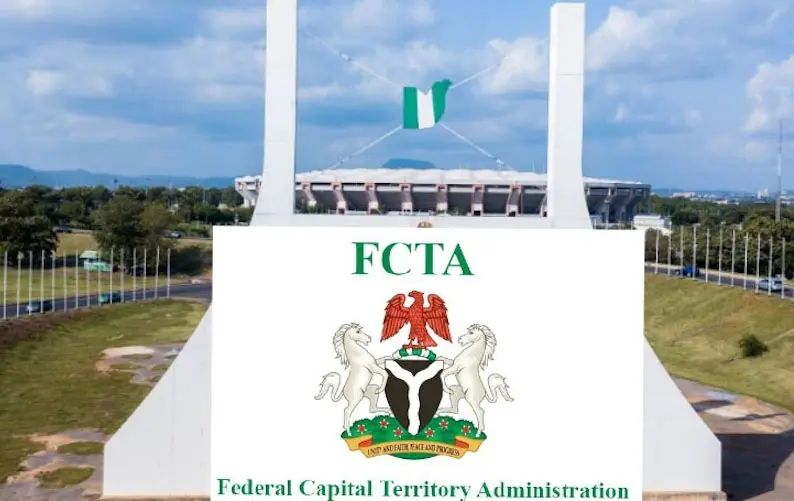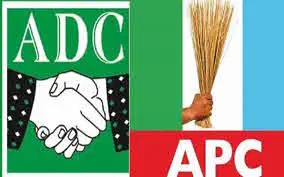Death knell for interim national government proposal
[ad_1]
The idea of having an Interim National Government (ING) after the expiration of President Muhammadu Buhari’s tenure was first broached on April 18, 2022 by eminent lawyer, Chief Afe Babalola, during a press briefing in Ado Ekiti. Chief Babalola, who called for the suspension of the 2023 elections, anchored his call on the identified weaknesses of the 1999 constitution. He argued that the suspension of the election and the emplacement of an ING would allow the country to come up with a new constitution with provision for part time legislators and a non-executive president.
The senior lawyer then said, “The same (1999) Constitution has made politics become not only very attractive, but the only lucrative business in Nigeria today. What this means is that any election that holds under the present scenario will end up producing transactional and recycled leaders, with no ability to turn things around.”
Although the issue generated heated debate in the public space at the time, it soon petered out and Nigerians moved on to other things. But in the past few weeks, talks about a grand plan to install an interim government after President Buhari have been gaining traction. The spinners of the concept have been hinging their submission on the twin problem of fuel shortage and naira scarcity. They claim that these problems were deliberately orchestrated to sabotage the electoral process and leave Nigerians with the Hobson’s choice of an interim government being foisted on the country.
Initially, the idea sounded outrageous but as the seemingly simple problems of fuel distribution and new naira notes supply became more and more intractable, some Nigerians began to believe that there might be indeed a plan to force on Nigerians a selected leader rather than an elected president. However, with the announcement last Thursday of a Presidential Transition Council to ensure a smooth handover after the election of a new president in the February 25th Presidential election as well as the signing of Executive Order No. 14 of 2023 on the Facilitation and Management of Presidential Transitions by President Buhari, all doubts have been removed about any conspiracy by the presidency to force an illegal administration on Nigerians.
With that move, President Buhari just told those who might be angling for an interim government to forget the idea as he would not lend himself to their illegality. President Buhari may not have a good story to tell about his management of the nation’s economy, the security situation or even the war against corruption but he seems determined to leave a legacy of a good electoral process. It is instructive to note that the President signed the transformative 2022 Electoral Bill into law. It is also important to note that the president said everything that the Independent National Electoral Commission (INEC) would need for the ensuing elections had been provided. So, President Buhari has made it clear that despite his other shortcomings, he would give the country a free, fair and credible election.
It should not be surprising to Nigerians that some politicians are toying with the ING idea. The fact is that politicians are in love with power and they will do anything possible; legal or illegal, rational or irrational to get it. They do not mind pulling down the country or inflicting hardship on the people to get their desire. They will not think twice about pitting the people against one another if it would fetch them power. So, those who are not sure of winning at the polls would not mind getting into power through the backdoor, which is the opportunity an interim government offers them.
There is no doubt that our democracy leaves much to be desired. No one ever said the constitution is perfect. It is a well-known fact that the electoral process is more of a bazaar where the highest bidder emerges triumphant at the polls. It is an established fact that the constitution has vested too much power in the president and this has weakened the states. But we cannot as a result of these obvious failings truncate the electoral process. For the sake of argument, how would an interim government be formed? Would the process be handled by the executive arm or the legislative arm? Which geo-political zone would head it? Or are the promoters of the idea suggesting a military takeover? There are more questions than answers, just as there are more problems than solutions. An interim government at this stage of our national existence would do more damage to our development as a nation than good. If we toe that line, all the gains of 24 years of the current political dispensation would go up in smoke.
Rather than waste their time on nursing a forlorn hope of having an interim government, those who are canvassing this idea should rather work on galvanizing Nigerians to elect leaders who mean well for them. The conversation now should be about electing a president who is neither provincial nor a bigot; a president who is neither a religious fanatic nor a tribal champion but someone who will be fanatically Nigerian and unrepentantly nationalistic. We should be talking about choosing among the presidential candidates a liberal president who will be blind to region and indifferent about religion; a president who will not be at the mercy of his tribal kin nor his religious acolytes. We need a leader who is tolerant and not given to any primordial sentiments. We need a leader who is so Nigerian that he will champion the birth of a culture that would encourage nationalism and patriotism in Nigerians.
If we are able to elect the right candidate as president on February 25, the process of having the right constitution which would free our states and liberate the people would have commenced. Going the route of an interim government is a journey to the past.
[ad_2]














Post Comment